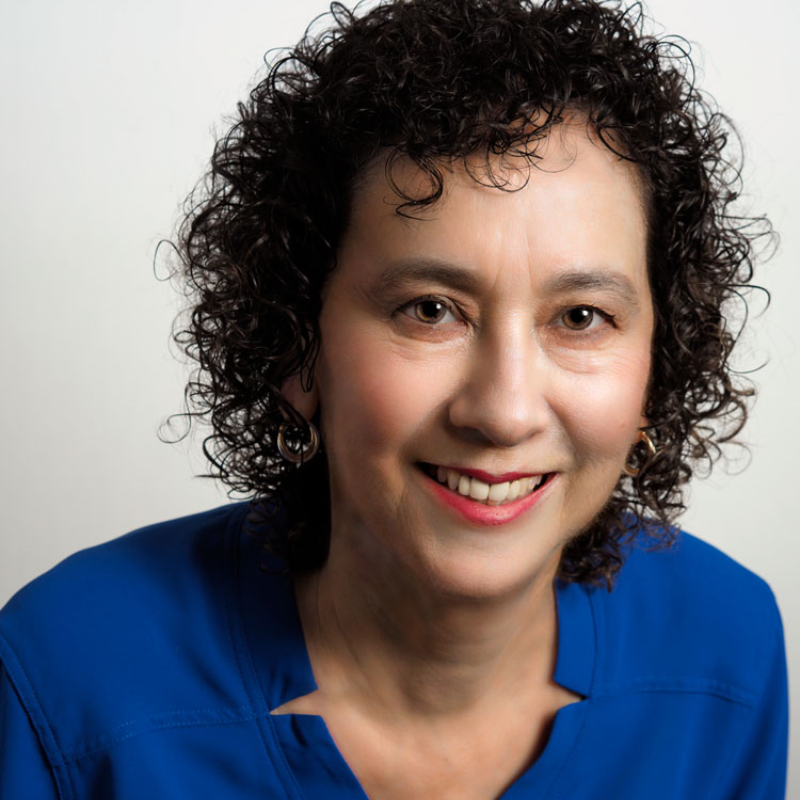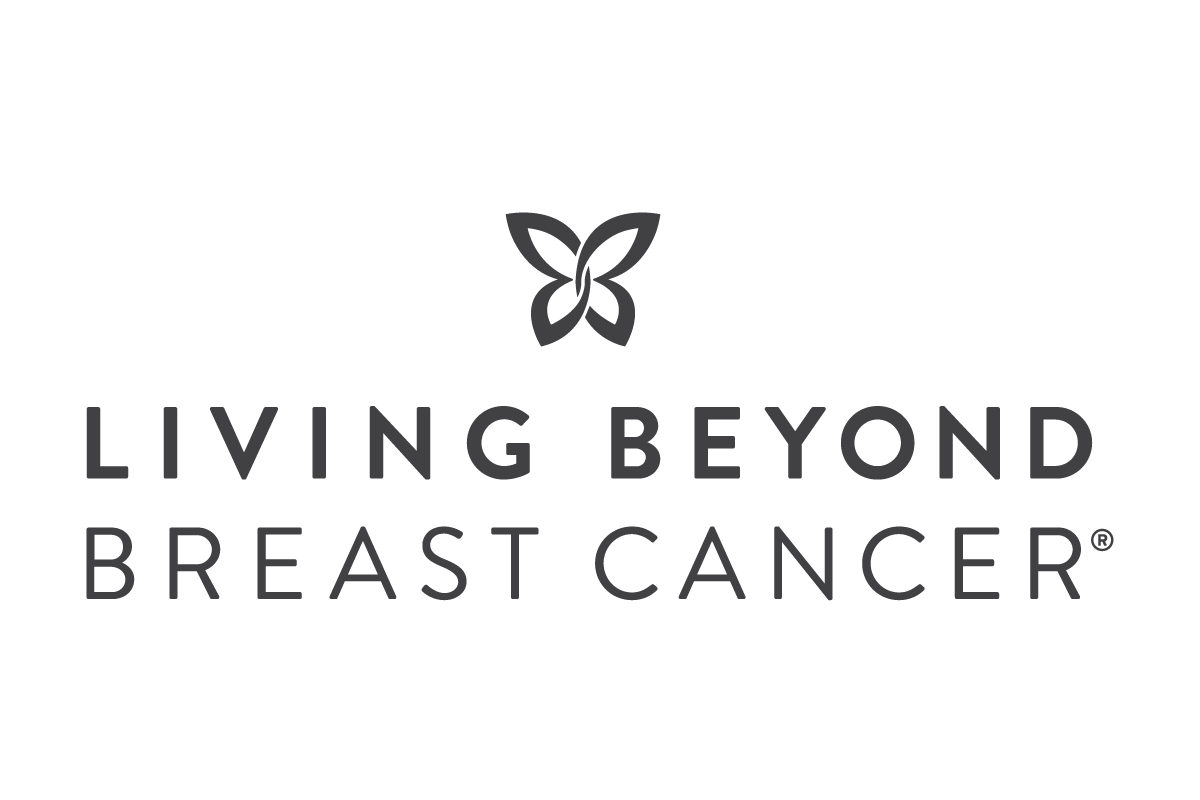Talking About Breast Cancer May Reduce Fear of Recurrence in Young Women and Their Partners
- 05/01/17
Young women and their partners may have less fear of breast cancer returning when they take part in supportive discussions about their cancer-related concerns, according to a recent study.
The findings were published in the journal Psycho-Oncology.
Background
Women treated for early-stage breast cancer often worry about the cancer coming back, called a recurrence. Fear of recurrence can last a long time and may affect both psychological well-being and physical health.
Research has shown that women diagnosed at a young age are more likely to fear recurrence over a long time than women diagnosed after age 50.
When people talk about their breast cancer experiences in a supportive social situation, it can help them deal with fear by thinking through their distress. Such thought processing may help them adjust psychologically and may lessen fear.
Sometimes, even without meaning to, family and friends may keep a person from discussing their feelings by minimizing their fears, expressing criticism, or even avoiding the person altogether. These are called social constraints and can make fear of recurrence worse.
Previous studies of cancer-related distress found that whether a person was having supportive discussions was tied to how well they dealt with their fears. Most studies looked only at the first 3 years after diagnosis and did not look at effects on partners.
This study was the first of its type to focus on young women diagnosed with breast cancer and their partners. The researchers wanted to see how several factors interact that are related to supportive processing of thoughts about fear of recurrence, and whether psychological effects last for longer than 3 years.
Design
Women included in this study had been diagnosed with early-stage breast cancer at age 45 or younger, were 3 to 8 years past treatment and currently lived with a partner of any gender. There were 222 women and the same number of partners.
Participants were asked about their age, education and health conditions. Women treated for breast cancer ranged in age from 30 to 54 years old. Partners were 30 to 75 years old.
The study asked how often participants felt 14 different social constraints, such as a partner who avoided them or acted uncomfortable when talking about cancer. It also asked 15 questions about how distressed they were by intrusive thoughts and how often they purposely avoided thinking about things that upset them. A separate scale measured fear of recurrence as related to their concerns about womanhood, health, parenting and death.
Results
The study found social constraints had an effect on the way people thought through their distress and how much they worried about recurrence. If talk about breast cancer was limited or prevented, people were less able to process the experience. This resulted in greater fear of recurrence.
Fear of recurrence was common in young women diagnosed with breast cancer and occurred at similar levels in partners.
According to the researchers, by showing how negative comments or behaviors can contribute to fear of recurrence, the study results can be used to predict who will experience such fear and distress. The results, they said, also could be applied to develop ways to bring about more open discussions and help women and their partners cope better.
Limitations
The researchers noted that unmeasured variables could partly explain how supportive thinking and talk could reduce fear of recurrence. Also, the study participants were mostly white, highly educated and had incomes above $50,000 per year, so it does not represent a complete sample of people with breast cancer. Future studies should include people with different backgrounds and incomes, the researchers said.
What This Means for You
It’s common to fear a breast cancer recurrence after treatment ends. That fear may remain long-term, especially if you were diagnosed at a young age. But you can learn how to deal with these fears in healthy ways.
You may benefit from talking about your experiences and distress about fear of recurrence in an emotionally supportive environment, such as in a group led by a counselor or psychologist. If you are in a relationship, your partner may also worry about the disease returning and may be helped through a similar approach.
Within relationships, you and your partner may have different responses and your partner might be a source of social constraints you feel. Supportive discussions can help you respond to family, friends or your partner if they speak or act in ways that make it difficult for you to talk about breast cancer. Open communication may strengthen thinking, the researchers believe, leading to a lessening of recurrence fear. They also suggest a structured couples’ therapy to help improve communication for both you and your partner.
Cohee AA, Adams RN, Johns SA, Von Ah D, Zoppi K, Fife B, Monahan PO, Stump T, Cella D, and Champion VL. Long-term fear of recurrence in young breast cancer survivors and partners. Psycho-Oncology 2017; doi: 10.1002/pon.4008.
This article was supported by the Grant or Cooperative Agreement Number 1 U58 DP005403, funded by the Centers for Disease Control and Prevention. Its contents are solely the responsibility of the authors and do not necessarily represent the official views of the Centers for Disease Control and Prevention or the Department of Health and Human Services.


